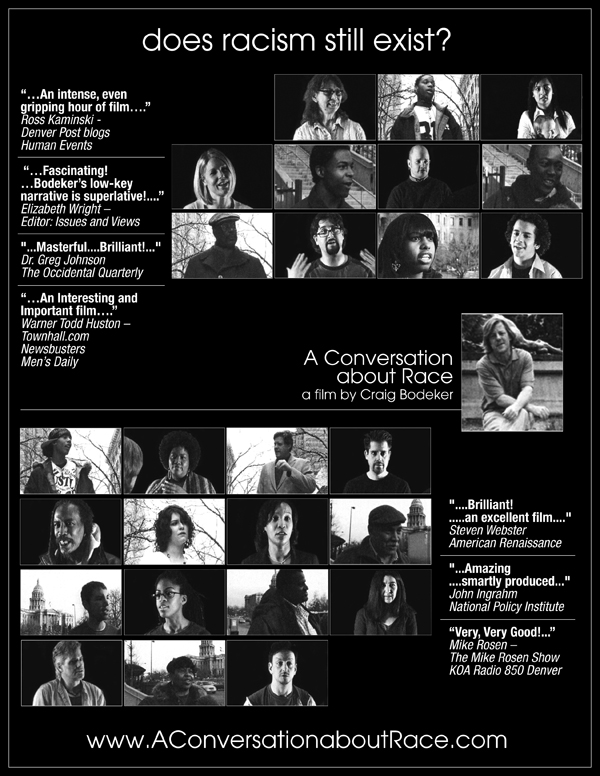[T]he moral destruction of communism was worse because the confusion between common morality and communist morality remains deep rooted. With the latter hiding behind the former, it is parasitical and polluting, using common morality to spread its contagion. Here is a recent example: in the discussions that followed the publication of The Black Book of Communism, an editorial writer at the French communist newspaper L’Humanite’ announced on television that 85 million deaths did not in any way tarnish the communist ideal. They represented only a very unfortunate deviation. After Auschwitz, he continued, one can no longer be a Nazi, but one can remain a communist after the Soviet camps. This man, who spoke in good conscience, did not realize at all that he had just articulated his own most fatal condemnation. He could not see that the communist idea had so perverted the principles of reality and morality that it could indeed outlive 85 million corpses, whereas the Nazi idea had succombed under its dead. He thought he had spoken as a great and decent man, idealistic and uncompromising, without realizing that he had uttered a monstrosity. Communism is more perverse than Nazism because it does not ask man consciously to take the moral step of the criminal, and because it uses the spirit of justice and goodness that abounds throughout the earth to spread evil over all the earth. Each communist experience begins anew in innocence.
Alain Besancon, A Century of Horrors, 2007.
American leftists will ridicule their comparison to communists, however, in moral relativity, in masking harmful policies under good intentions, and in denial over their policies’ historical failures, leftists and communists are a distinction without a difference. [Read more…]









